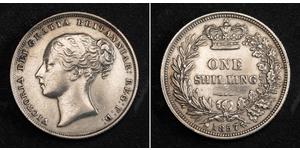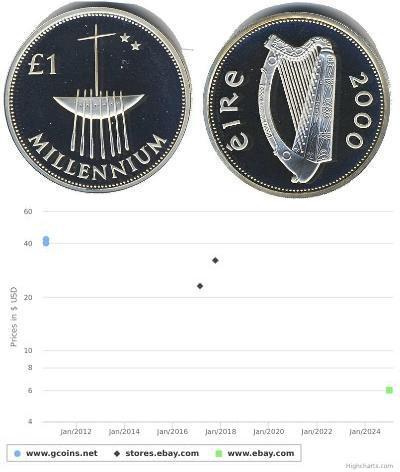1/3 Талер (продана за $89.0)
1692, Brunswick-Luneburg-Calenberg, Enest Augustus. Silver 1/3 Thaler Coin.
Mint Year: 1692.
Reference: KM-346.
Denomination: 1/3 Thaler
Condition: Numerous small circulation marks and some scratches, otherwise a nicely toned XF!
Diameter: 30mm
Weight: 6.49gm
Material: Silver
The Duchy of Brunswick-Lüneburg (German: Herzogtum Braunschweig und Lüneburg), or more properly the Duchy of Brunswick and Lüneburg, was a historical duchy that existed from the late Middle Ages to the Late Modern era within the Holy Roman Empire, until the year of its dissolution. The duchy was located in what is now northwestern Germany. Its name came from the two largest cities in the territory: Brunswick and Lüneburg.
The dukedom emerged in 1235 from the allodial lands of the House of Welf in Saxony and was granted as an imperial fief to Otto the Child, a grandson of Henry the Lion. The duchy was divided several times during the High Middle Ages amongst various lines of the House of Welf, but each ruler was styled "Duke of Brunswick-Lüneburg" in addition to his own particular title. By 1692, the territories had consolidated to two: the Electorate of Brunswick-Lüneburg (commonly known as the Electorate of Hanover), and the Principality of Brunswick-Wolfenbüttel.
In 1714, the Hanoverian branch of the family succeeded to the thrones of Great Britain and Ireland, which they ruled in personal union with Hanover until 1837. For this reason, many cities and provinces in former British colonies are named after Brunswick or Lüneburg. The Hanoverians never ruled Brunswick while they held the British throne, as the city was part of neighbouring Brunswick-Wolfenbüttel. After the Congress of Vienna in 1814/15, the Brunswick-Lüneburg territories became the Kingdom of Hanover and the Duchy of Brunswick.
Ernest Augustus (German: Ernst August; 20 November 1629 – 23 January 1698), Duke of Brunswick-Lüneburg, was Prince of Calenberg from 1679 until his death, and father of George I of Great Britain. He was appointed as the ninth prince-elector of the Holy Roman Empire in 1692. He was also ruler of the Prince-Bishopric of Osnabrück from 1662 until his death.

|
Добавил:
anonymous 2024-03-25 |
|
||
|
||
|
||
|
||
1 Шиллинг Соединённое королевство Великобритании и Ирландии ...
в группе 99 монет / 92 цен
⇑

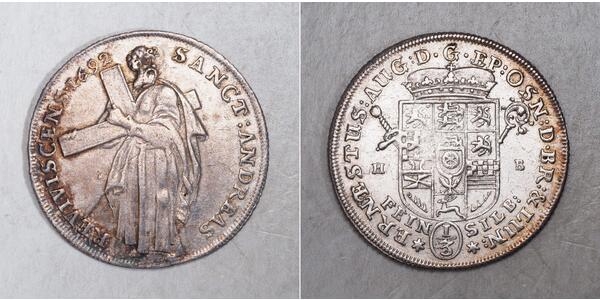


 English
English



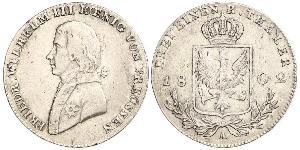
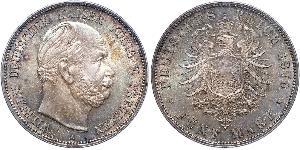
-300-150-IxfBwcI07O0AAAEoNYX7lLA7.jpg)
